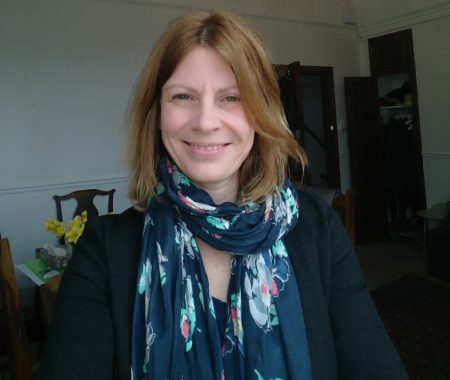I can’t help but feel we are reaching the end of days in general practice.
I don’t mean that we will all soon be replaced by AI and chatbots (we will), but in terms of the drugs we can prescribe that will actually help, rather than harm a patient.
When we click on our e-prescriptions, ruefully glad that at least this one doesn’t have an overdue medication review that someone else has studiously ignored, we don’t have time to think about whether that drug is actually benefiting a person.
Pop-up alerts are now so numerous that they’re in danger of becoming routine and easily ignored. Yet it will be our necks on the line if that happens to be the one that causes harm. Harm that may be fatal.
There are no pain relief medications left that we can in all conscience prescribe, without a conversation so lengthy that we end up bedding down for the night because a 9pm exit from the surgery is no longer late enough.
So, I am not now, not without a medication review anyway. There is next to no HRT left in the country, with the risks seeming greater than we thought, as well as starting earlier and persisting longer.
Additional conversations will have to be had. Don’t get me wrong, I do see this as very much our job: we absorb the latest evidence so that we can keep patients in the loop, but I can’t be alone in trying to silence that tiny cynical voice that says ‘until the next time when they find out it’s all fine’.
Everyone in the country seems to be depressed and on citalopram, but are they really? Have they really got signs of a mental illness that perhaps started young, or a family history that makes them more susceptible? More often than we would care to admit, they probably don’t, so should they really be having medication to cope with the normal vicissitudes of life?
I don’t need to tell you where the route of more prescribing leads
Besides, when that same person comes in with rhinitis, did you stop to think that it could be a side effect of the citalopram? Were you aware that it’s listed as a common side effect of citalopram alone, among the SSRIs? No, because, like me, you haven’t got time to memorise the minor side-effects of every medication. If you don’t, though, you may go down the route of more prescribing, and I don’t need to tell you where that leads.
Then, there are the ‘black’ drugs which typically seem to make a genuine difference to patients to whom we aren’t allowed to prescribe.
In my area, daily Tadalafil and Solifenacin come under that category, and there is no appeal process – it’s just a ‘no’. Instead, you would have to ask your consultant or get it privately. On top of this, there are the medications for minor ailments which we are also not meant to be prescribing.
Has your surgery come up with a definite policy for all those antihistamines given to children and pensioners? Even if yours have, there will be exceptions because the people making the rules aren’t the ones sitting with the patients.
The ability to resist can get worn down after an 80-patient duty. Ultimately, it’s a minefield and it seems that unless you have daily updates on new research, new shortages, new inhalers, new safety alerts and the rest, then you may be one day out-of-date, and see that particular mine explode.
The principle of ‘first do no harm’ goes out of the window when it comes to the time we have allotted to think and act on medication reviews.
Yet surely it’s the one major area on which GPs have genuine influence on healthcare prevention.
While I wait for the time needed to make a difference through general practice, I’ve had to develop a personal policy to the prescribing of medicines. It’s ‘don’t – unless you really have to’.
Dr Charlotte Alexander is a GP in Surrey
Pulse October survey
Take our July 2025 survey to potentially win £1.000 worth of tokens














